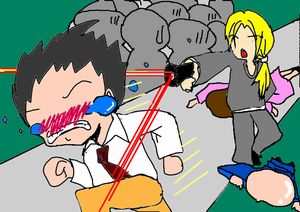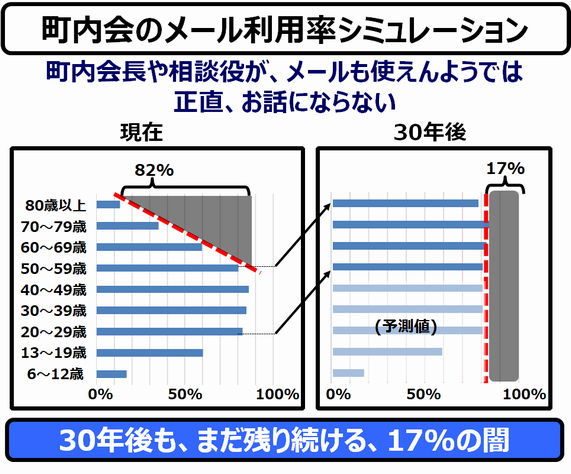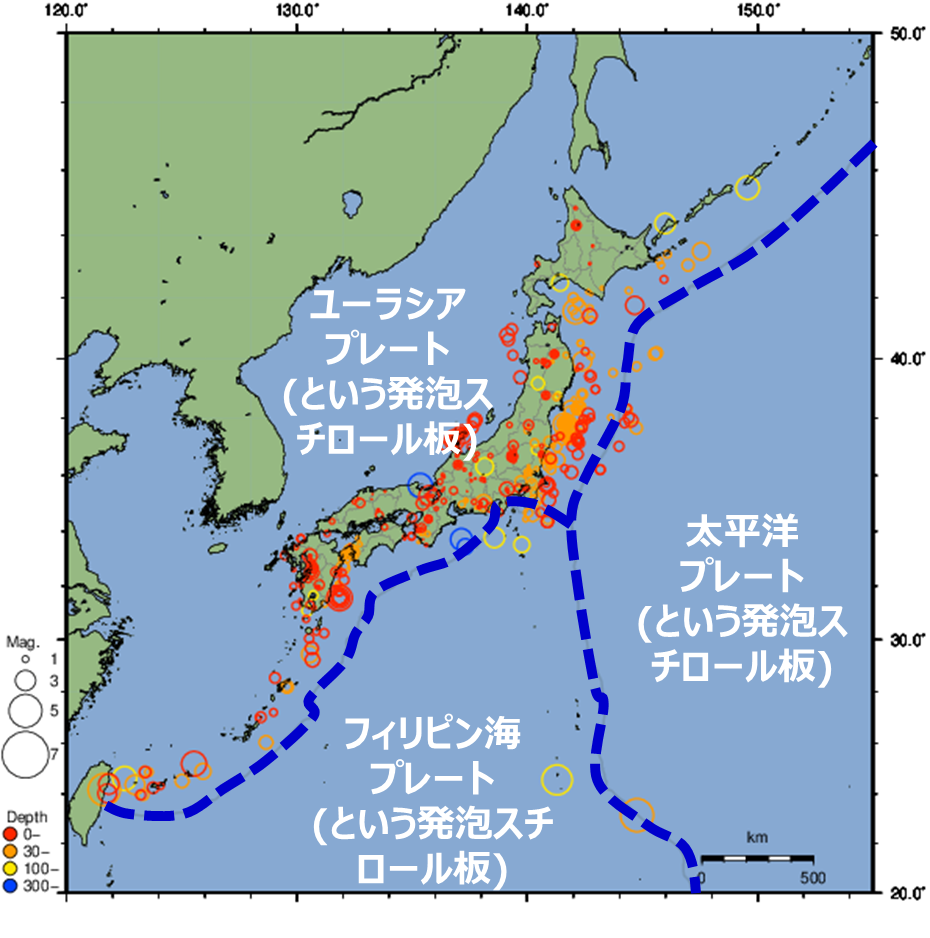1年ほど前、長女が「オーストラリアでワーキングホリデーをしてくる」てなことを言っていました。
About a year ago, my eldest daughter said, “I'm going to Australia on a working holiday.”
その後、その話は聞かなくなったので、多分、これは取り下げになったのだと思います。
After that, I didn't hear anything about it, so it probably fell through.
私、ろくに英語がしゃべれない20代前半で、世界(の一部)を放浪してきました。
I'm in my early 20s and can't speak English very well, but I've been wandering around the world (part of it).

(↑クリックで、コラムに飛びます)
(Click to jump to the column)
しかし、
However, I think that
―― 私は『英語はしゃべれなかった』けど、『英単語を叫ぶ』くらいのことはした
Even though I “couldn't speak English,” I did at least “shout out English words.”
とは思う。
『世界の中心で愛を叫ぶ』(もちろん、未読、未視聴)はやったことはありませんが、『東南アジア(一部中央アジア)の片隅で"英単語"を叫ぶ』はしてきました。
I've never seen or read “Crying Out Love, in the Center of the World” (of course), but I have been “shouting out English words” in a corner of Southeast Asia (and some parts of Central Asia).
で、これで、なんとかなりました ―― 「放浪」とか格好いいこといっていますけど、所詮「旅行」ですからね。「仕事」じゃないので、私の愚かさの責任は、私一人で負えば足りました。
So, I managed somehow - I may have said some cool things like “wandering,” but it's just a “trip,” after all. It's not “work,” so I only had to take responsibility for my stupidity.
-----
「オーストラリアでワーキングホリデー」を希望する若者が、英語で自己紹介ができないというニュースを聞きました。
I heard a news report about a young person who wanted to go on a working holiday in Australia but couldn't introduce themselves in English.
最初、このニュースを見た時には『レアケースを大袈裟に言っているんだろう』と思っていました。
When I first saw this news, I thought, “I guess they're making a big deal out of an unusual case.”
こっちは「ワーキングホリデー」、つまり『労働』です。労働をしにいくのに、自己紹介もできない英語のスキルで飛び込むなんて、なんという無茶苦茶な、と思いましたが、今は考えを変えています。
It is a “working holiday,” which means “working.” I thought it was absurd to go and work there with such poor English skills that I couldn't even introduce myself, but now I've changed my mind.
『その振る舞いや良し』
“Their attitudes are good.”
うん、構わん。オーストラリアには悪いが、我が国の若者の語学育成機関となって頂こう。
Yes, that's fine. I'm sorry to Australia. I want the country to become a language training institution for our country's youth.
オーストラリアで、働いて、死線を渡れば、(多分)英語は取得できる。
If you work in Australia and survive the ordeal, you will probably be able to acquire English.
派手に失敗こいたとしても、得られるものは大きい。
Even if you fail spectacularly, you will gain a lot.
-----
賭けてもいいけど、こういうニュースを見て、『自己紹介もできない英語のスキルで飛び込むなんて、なんという無茶苦茶な』と説教を始めるジジイやババアは、必ずいます。
I'm willing to bet that there are always older men and women who, when they see news like this, start lecturing about how it's absurd to jump into a situation like this with English skills that they can't self-introduction.
彼らの言を間に受けてはなりません。そういう奴らは全て無視していい。
You shouldn't take their words seriously. You can ignore all those kinds of people.
リスクを計算せずに、安直に、愚直に、直感に従って、誰にも相談せずに、一人で行動を開始すべきです。
It would be best if you started acting on your own without consulting anyone, following your intuition, without calculating the risks, and acting straightforwardly and honestly.
他人に相談するのは、よくない。
It's not a good idea to talk to other people about it.
特に「親に相談する」は最悪です。
Especially, “talking to your parents” is the worst.
止めるに決まっているからです。彼らは、自分の人生に経験に入っていないことは「全て反対します」。
Because they know they will stop it, they “oppose everything” not part of their life experience.
私の場合、海外から電報を打って、事後報告をしていました。
In my case, I would send a telegram from overseas to report on the situation afterward.
(ちなみに、渡航費用やら滞在費を親や他人に頼ることを考えている人は、お話になりません)
(If you plan to rely on your parents or other people for travel and living expenses, you are not serious about studying abroad.)
多分、あなたの試みは、思ったようには成功しません。形を変えて一部でも成功すれば御の字、むしろ、高い確率で失敗しますが、それでいいのです。
Perhaps your attempts won't be as successful as you'd hoped. If you can succeed somehow, even if it's just a tiny part, that's great. On the other hand, there's a high chance that you'll fail, but that's okay.
デカい失敗ができる期間は、あまり長くないからです。
Because the time you can make big mistakes is not very long.
やるなら今です。
If you're going to do it, do it now.
-----
―― と、まあ、ここまでは建前です。
Well, that's the official story.
ここからは本音でいきましょう。
Let's get straight to the point from here.
『「英単語を叫ぶ」だけで、なんとかなる』 ―― という体験を得た若者は、我が国の貴重なアセット(資産)となります。
Young people who experience “getting by just by shouting out English words” are a valuable asset to our country.
私たちシニアが、若い人たちに対して言うべき言葉は『私たちを無視して、愚かに行動しろ』です。
The words we seniors should say to the young people are, “Ignore us and act foolishly.”
そして、これは、若い人たちにリスクを押しつけて、私たち高齢者が利益を得る、というシニア戦略とも合致しています。
The phrase also fits in with the senior strategy of pushing risks onto young people and reaping the benefits ourselves as older people.
まあ、非道であることは認めますが、それでも ―― 神風特攻隊に若者を乗せて死地に追いやった司令官(戦後、責任を取って自死した人間は、私が知る限りたったの一人)に比べれば、はるかにマシです。
Well, I'll admit that it's inhumane. Still, even so - it's a far better strategy than the one used by the commander of the Kamikaze Special Attack Unit, who sent young men to their deaths (of the people who took responsibility and committed suicide after the war, there was only one person that I know of).
『英語に愛されないエンジニアの、国際学会プレゼンテーションのリアル』


